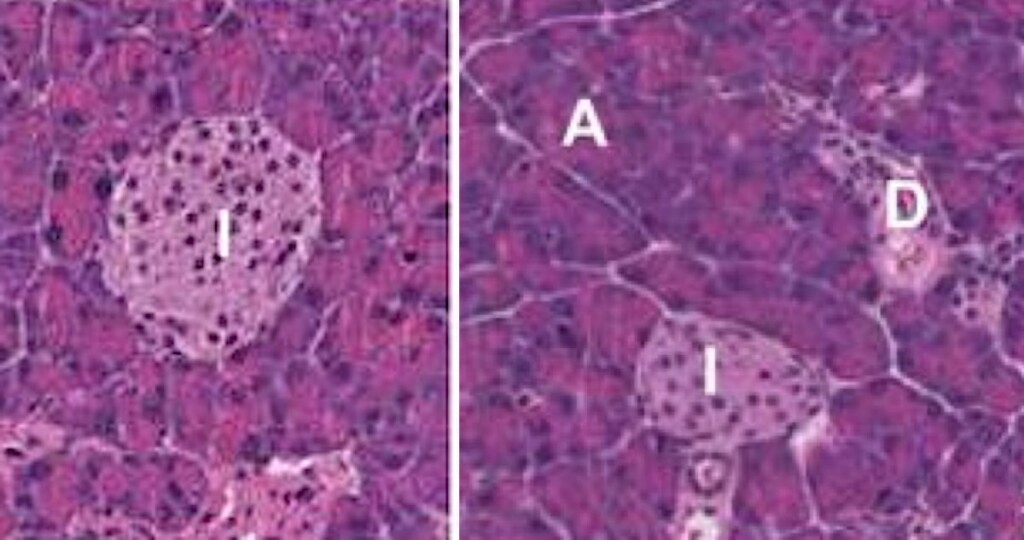Cancer-Fighting Implant Developed to Treat Tumors by Safely Triggering Potent Immune Responses

A new high-tech implant that safely triggers potent immune responses against hard-to-treat cancers has shown “promise” in fighting some of the deadliest forms of cancer—including metastatic melanoma, pancreatic and colorectal tumors.
The implantable cancer-fighting device, dubbed the “cytokine factory”, was developed by a team of researchers at Rice University’s Biotech Launch Pad in Houston, Texas.
Placed near the tumor microenvironment, the device can distribute cells engineered to release the protein interleukin-12 (IL-12) which successfully induces the recruitment of specialized immune cells called precursor exhausted T cells (Tpex cells).
The Tpex cell recruitment results in a large, durable population of tumor-targeting T cells, according to a study published in The Journal of ImmunoTherapy of Cancer.
“We designed the IL-12 cytokine factory to enhance immunotherapy approaches while minimizing toxicity, a critical need in the treatment of particularly aggressive cancers,” said the study’s senior author Professor Omid Veiseh, faculty director of the Rice Biotech Launch Pad.
RELATED: Scientists Discover Simple Supplement That Causes Prostate Cancer Cells To Self-Destruct
The IL-12 cytokine factories, combined with checkpoint inhibitors, successfully eliminated local and distal tumors in preclinical models of metastatic melanoma and colorectal and pancreatic cancers—and also demonstrated safety in both mice and non-human primates, according to the findings.
The team said the study will serve as the foundation for an investigational new drug application with the U.S. FDA early next year. They also plan to launch an emerging biotech company based on the ground-breaking IL-12 cytokine factory technology.
“IL-12 is particularly impactful compared to other cytokines, as our research demonstrates that other cytokines primarily recruit homogeneous T cell populations and show reduced efficacy over time, while IL-12 generates a more robust anti-tumor response by recruiting a more durable, broader repertoire of tumor-targeting T cells.
Dr. Nathan Reticker-Flynn, of Stanford University, explained that using immunotherapy to target solid tumors has become common, but it’s often a “fraught approach” due to the challenge of toxicity.
“Our study demonstrates not only the efficacy of this technology in preclinical models but also its safety profile, which is a critical aspect as we move toward clinical trials.”
GREAT CANCER NEWS: Hope for Patients with Aggressive Breast Cancer: Vaccine Trial Results in 88% Survival Rate After 3 Years
He calls this an “important step forward in the quest to provide more effective treatments” for patients battling metastatic cancers.
“We are hopeful that this technology will significantly impact the lives of cancer patients by enhancing the efficacy of immunotherapy approaches in the clinic,” said Prof. Veiseh.
SPREAD SOME GOOD NEWS By Sharing This on Social Media…
>read more at © GoodNews
Views: 0